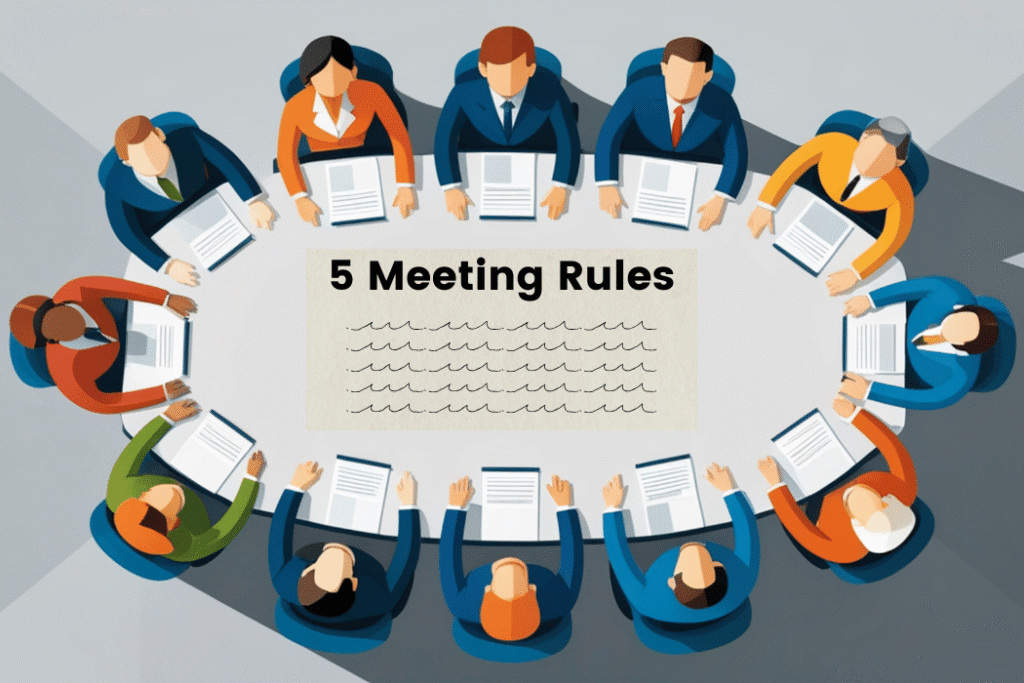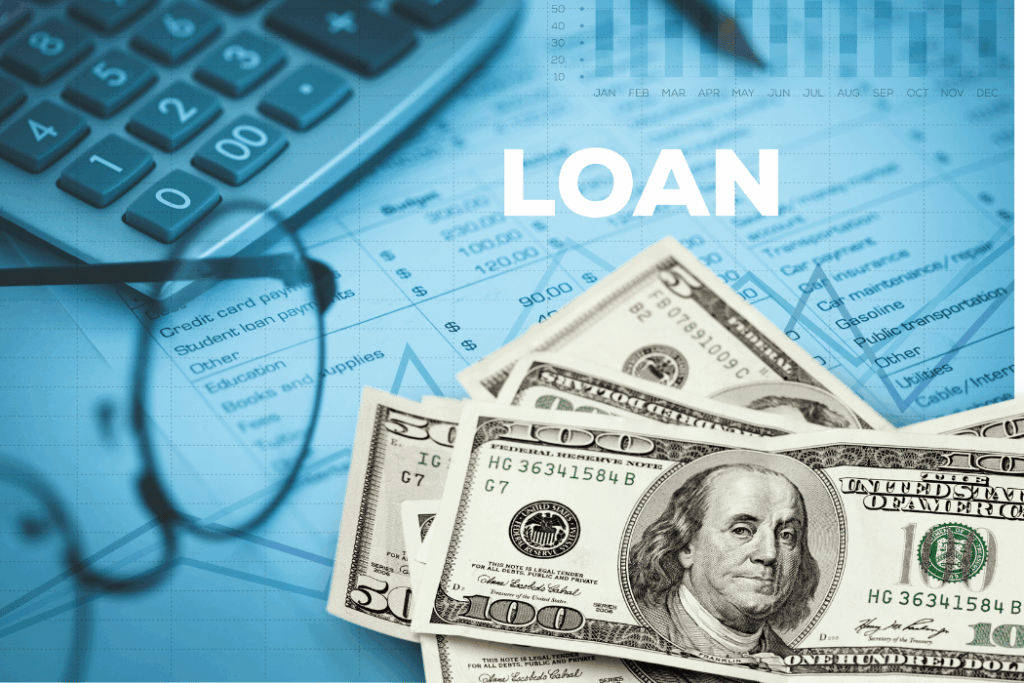
At a National Business Summit on Mental Health Equity, top business leaders and psychologists shared proven strategies to help employers improve mental health for all workers. Coming two weeks after U.S. Surgeon General Vivek Murthy released a framework for workplace mental health and well-being, the summit was designed for employers to ensure that workers from historically excluded communities and neurodivergent employees are set up to thrive alongside the rest of the workforce. The summit was co-hosted by the Health Action Alliance, the country’s largest employer network operating at the intersection of business and public health, and the American Psychological Association.
Black, Hispanic, Asian American, Pacific Islander, American Indian and Alaska Native communities face unique mental health stressors—and cultural stigmas around mental health often prevent them from accessing care, as do women, LGBTQ+ people, refugees and others. Meanwhile, neurodiverse employees, such as people on the Autism spectrum or who have post-traumatic stress or ADHD, may also be able to thrive in the workplace with tailored support from their employers and accommodations to do their jobs.
“Employees need to feel valued, heard and supported by their employers. We know from psychological research that it’s critical to involve them in decision-making that affects their work life,” says Arthur C. Evans Jr., PhD, CEO of the American Psychological Association. “Employers who hope to succeed in our rapidly evolving workplace must listen to and support a diverse and inclusive workforce.”
Summit speakers identified specific mental health benefits companies can offer, provided guidance on creating a workplace environment where employees take advantage of the mental health resources available to them, and discussed how real-world events influence employee needs in mental health and ways employers can support employees in those difficult moments.
Increasingly, companies are also empowering workers to help support one another and advocate for the needs of employees experiencing unique mental health challenges. Mental health employee resource groups (ERGs)—voluntary, official, employee-led associations — contribute to a more open workplace culture that reduces stigma and addresses workers’ unique needs. At the summit, organizers released a guide to launching a mental health ERG, available free to all employers at healthaction.org.
“When employers take action to advance mental health equity, they strengthen their entire workplace mental health program,” says Stephen Massey, Director of Health Action Alliance, and Co-Founder of Meteorite. “Employees feel more comfortable seeking out the treatment they need. And companies send a powerful message about normalizing the discussion of mental health challenges, which contributes to a more supportive and empowering environment for their entire workforce.”
The new guide on forming mental health ERGs is part of a free suite of workplace mental health resources and toolkits for employers produced in partnership between Health Action Alliance, the Ad Council, Mental Health Action Day and One Mind.













